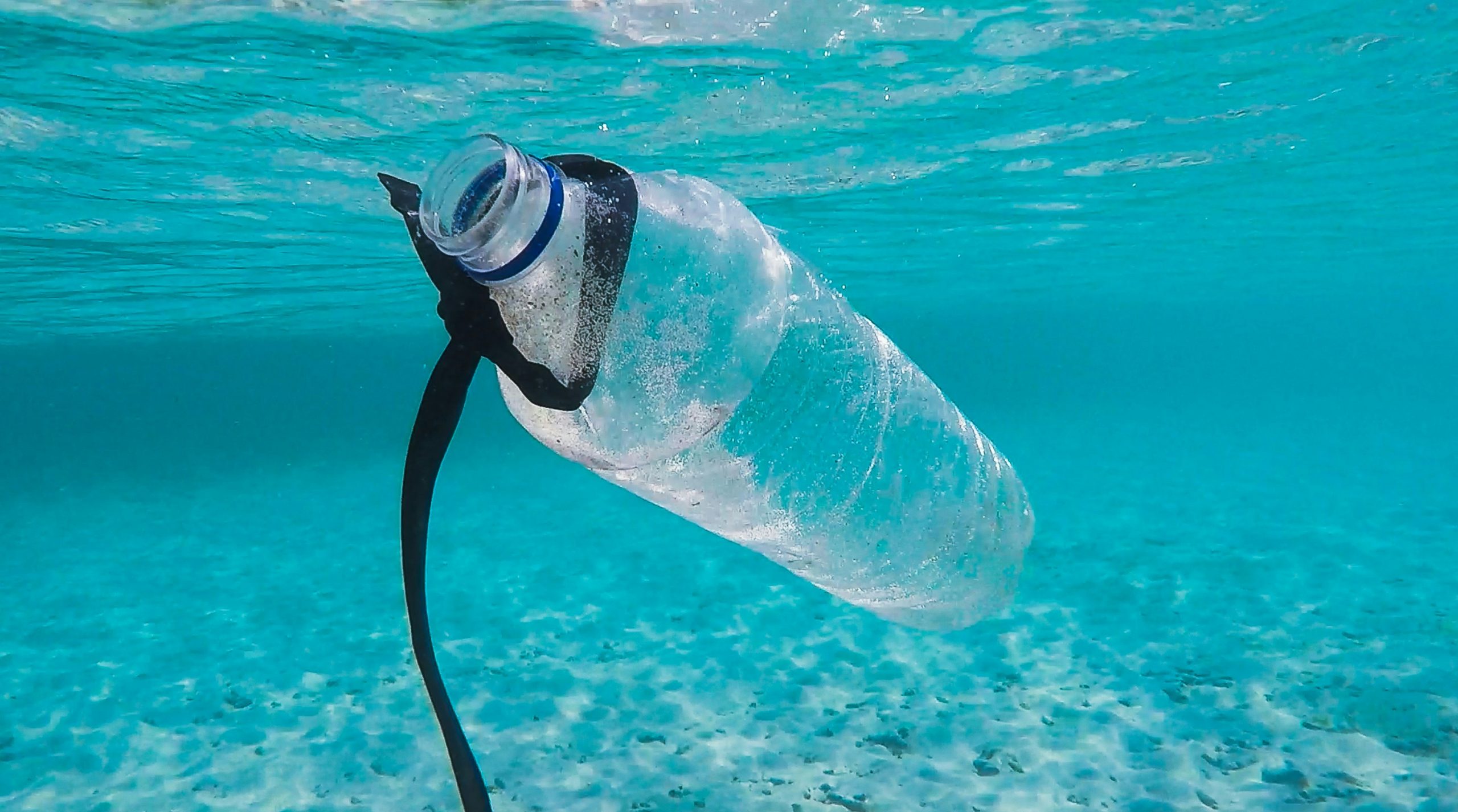Plastic pollution has become one of the most urgent environmental issues of our time. Among the key contributors to this problem is single-use plastic (SUP)—products designed to be used once and then discarded. To combat the environmental impact of SUP, Germany has implemented strict regulations through the Single-Use Plastics Fund Act (EWKFondsG or EWKFG). This blog will introduce the concept of single-use plastic, explain who is affected by the regulation, and outline the legal obligations for businesses.
What Is Single-Use Plastic?
Single-use plastic refers to plastic products that are intended to be used once and then thrown away. These include:
- Drinking cups
- Cutlery (forks, knives, spoons)
- Straws
- Plastic bags
- Food and product packaging
These items are usually lightweight, inexpensive, and convenient—but they come at a significant environmental cost. Unlike other materials, plastic decomposes extremely slowly, often taking hundreds of years to break down. When improperly disposed of, it accumulates in landfills, pollutes waterways, and harms marine and wildlife ecosystems.
Why Is Single-Use Plastic Harmful?
Single-use plastic is especially dangerous in aquatic environments. Floating plastic debris can be mistaken for food by marine animals, causing injury or death. Microplastics—tiny plastic fragments that result from degradation—are now found in drinking water, soil, and even human blood. In landfill sites, plastic can release toxic substances as it breaks down, further contaminating the environment.
Because of its widespread use and poor decomposition rate, SUP contributes significantly to the global waste crisis. To address this, countries like Germany have taken action to regulate its use and disposal.
What Is the Single-Use Plastics Fund Act (EWKFondsG)?
The Single-Use Plastics Fund Act (EWKFG) is a German law introduced to reduce the environmental damage caused by single-use plastics. The law is part of Germany’s broader strategy to comply with the EU Single-Use Plastics Directive.
Under this law, a Single-Use Plastics Fund has been established to support recycling, cleanup, and waste management efforts. The fund is financed by contributions from producers and importers who place single-use plastic products on the German market.
The act is managed by DIVID, the digital platform of the German Environment Agency (UBA), which oversees the reporting and levy system.
Who Is Obligated Under the EWKFG?
The EWKFG places obligations primarily on:
- Producers of single-use plastic products
- Importers who bring such products into Germany
- First distributors placing items on the German market, whether through sale, gifting, leasing, or other commercial activity
If your company manufactures, imports, or sells products such as plastic cups, straws, or packaging within Germany, you are likely subject to the requirements of the EWKFG.
Organizations involved in recycling or collection may also be impacted, particularly when handling the cleanup of plastic waste.
What Are the Key Obligations?
The primary obligations for businesses include:
- Reporting Requirements
Businesses must report the quantities of relevant single-use plastic products they place on the market. This report must be submitted through DIVID, the German Environment Agency’s designated online platform. Regular reporting ensures that the environmental agency has a clear overview of how much plastic is being used and where improvements are needed. - Financial Contributions
Depending on the product type and volume, companies may be required to pay levies into the Single-Use Plastics Fund. The money collected is used to cover the cost of:
- Public space cleaning
- Waste disposal
- Awareness and education campaigns
- Environmental restoration efforts
This “polluter pays” principle ensures that businesses share responsibility for the environmental impact of their products.
What Happens If You Don’t Comply?
Failing to meet your obligations under the EWKFG can lead to serious consequences. These include:
- Monetary fines – Non-compliance can result in penalties running into the thousands of euros or more.
- Operational restrictions – Authorities may suspend business activities related to non-compliant products.
- Legal action – Continued violations can trigger further legal or regulatory enforcement, damaging both reputation and financial stability.
Therefore, companies are strongly advised to stay informed and ensure full compliance with all reporting and payment duties.
What Can Businesses Do?
If your business uses or sells single-use plastic products in Germany, it’s essential to:
- Review your product portfolio and determine if any items fall under the scope of the EWKFG
- Register with the DIVID platform for reporting
- Ensure accurate, regular submission of data on plastic quantities
- Budget for potential levies as part of your product lifecycle cost
- Explore alternatives, such as biodegradable or reusable materials, to reduce environmental impact and regulatory burden
By taking proactive steps, businesses can not only meet legal obligations but also contribute to a cleaner and more sustainable future.

